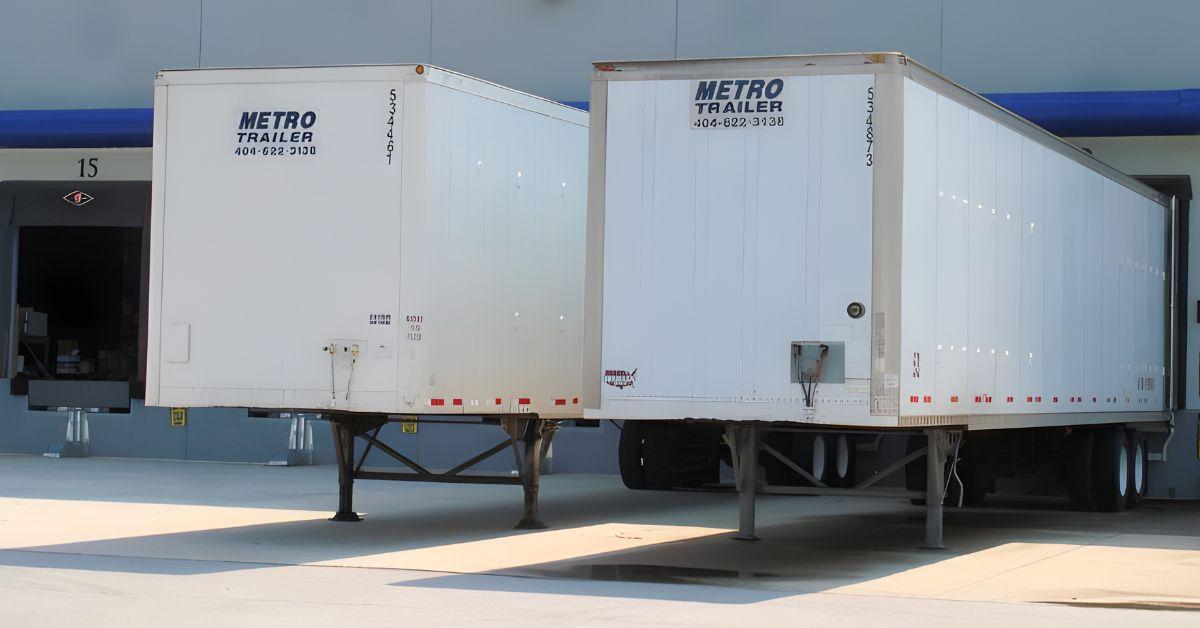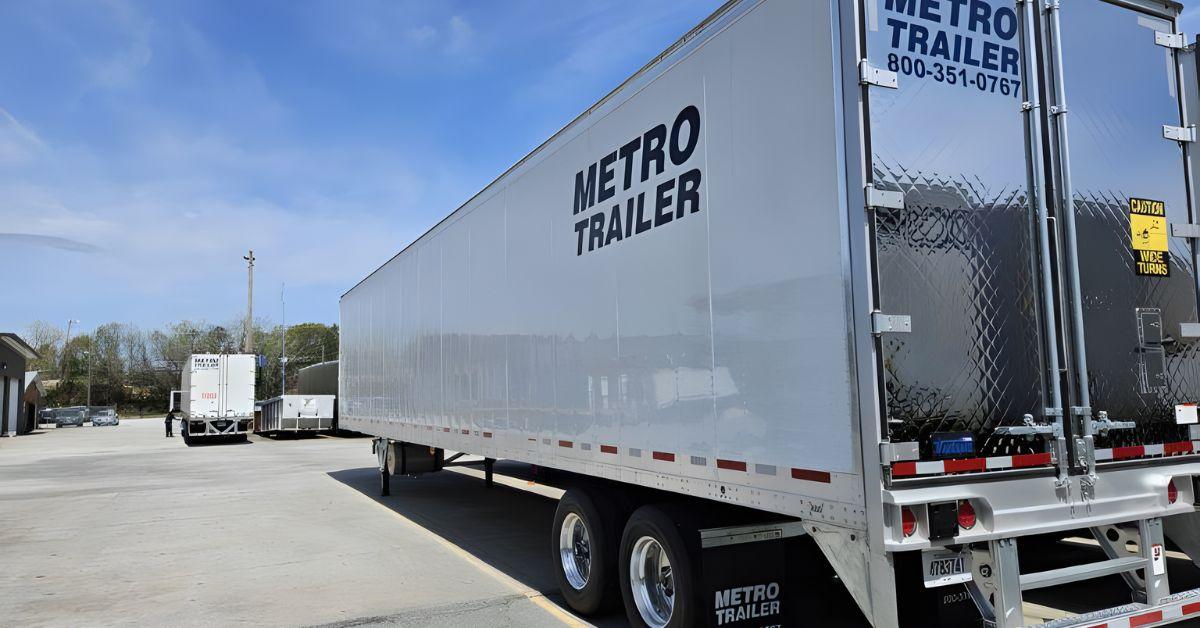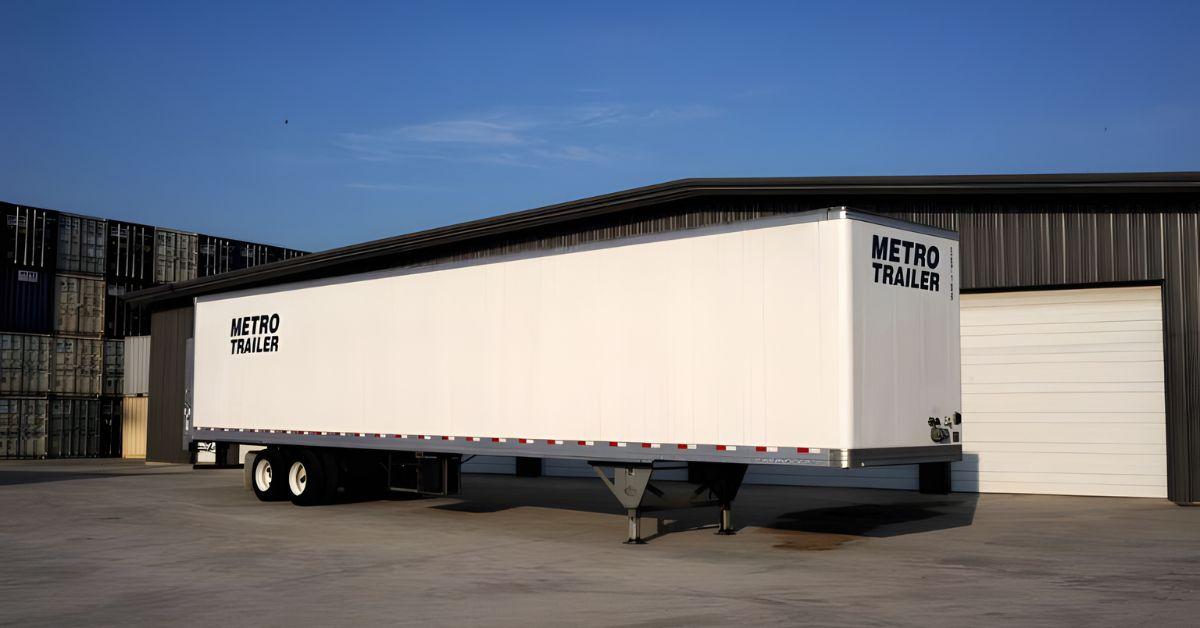
8 Tips for Preparing Your Vehicle for a Trailer Rental
Thinking about renting a trailer? Whether you’re planning a move or tackling a big DIY project, getting your vehicle ready for a trailer rental is the first step to making it all happen smoothly.
Preparing for a trailer rental doesn’t have to feel overwhelming. With the right tips, you can feel confident and ready to hit the road. This guide will walk you through the essentials, from checking your vehicle’s towing capacity to making sure you’ve got the right gear. By the time you’re done, you’ll know exactly what you need to do to make your trailer rental experience hassle-free and stress-free. Let’s get started!
Know Your Vehicle’s Towing Capacity
Vehicle towing capacity is a crucial number because it tells you how much weight your car, truck, or SUV can safely haul. You’ll find this information in your owner’s manual or on the manufacturer’s website. Overloading your vehicle can lead to mechanical problems or put you at risk on the road.
For example, a sedan might handle a small utility trailer, but you’ll need a truck or SUV for larger or heavier loads. Be honest about how much you’re hauling, and pick a trailer that fits within your limits. Once you know the numbers, share them with the trailer leasing company so they can help you find the perfect match for your trip.
Double-Check Your Hitch and Ball Mount
The hitch and ball mount secure the connection between your vehicle and the trailer. Not all hitches are the same, so make sure yours is rated for the weight of the trailer you’re renting. You’ll also need the appropriately sized ball mount; otherwise, the connection won’t fit properly.
Inspect these parts for any signs of wear, like rust or cracks, before using them. If you’re adding a new hitch, consider getting it professionally installed so you know it’s done correctly. Once attached, verify that everything is tightened and locked into place.
Check and Adjust Your Brakes
Towing a trailer changes the way your vehicle stops. The added weight requires more stopping power, and in some cases, it’s necessary to use a trailer with a braking system. Most states have regulations about when trailer brakes are required, usually at a certain weight limit.
If your trailer has brakes, take time to connect and test them using a brake controller. Even if your trailer doesn’t have its own braking system, inspect your vehicle’s brakes for signs of wear. If they squeak, feel soft, or take longer to stop, get them fixed before you tow anything.

Inspect Your Tires for Safety
Your tires must be in great shape before towing a trailer. Check for adequate tread depth by performing the penny test; if you can see all of Lincoln’s head when inserting the penny into the tread, it’s time to replace the tires.
Also, inspect for cracks, bulges, or other damage that could cause a blowout. Don’t forget to check your trailer’s tires too, as they’re equally important for a safe trip. Measure the tire pressure on both your vehicle and the trailer to make sure all tires are inflated correctly. Under- or over-inflated tires can lead to uneven wear or accidents on the road.
Get the Right Electrical Connections
Modern trailers often have electrical systems for turn signals, brake lights, and sometimes interior lighting. You’ll need to connect these to your vehicle to stay visible and legal on the road.
Start by checking that your car has the correct wiring harness installed. If you’re unsure, consult a mechanic or the trailer leasing company for help. Once everything is plugged in, test the lights while someone stands behind the trailer.
Make sure brake lights, turn signals, and reverse lights all work seamlessly. If there’s an issue, it could be a blown fuse or a loose connection, both of which are easy fixes.
Distribute the Weight Properly
How you load your trailer affects how it handles on the road. Keep about 60 percent of the weight in the front half of the trailer and close to the floor. This placement reduces the risk of swaying while you drive.
Make sure to secure heavy items with straps or ropes so they don’t shift during transit. Avoid overloading one side, as this can cause issues with balance and tire wear. Once you’re packed up, try gently pulling the trailer to double-check that nothing is sliding around.
Use Extended Side Mirrors
Standard vehicle mirrors might not give you a full view of your trailer, especially if it’s wider than your car or truck. Tow mirrors, or extended side mirrors, help fill those gaps so you can see traffic beside and behind you. They’re easy to install and are often available as clip-ons that attach to your regular mirrors.
When adjusting them, make sure you can see the trailer’s edges and part of the lane next to you. This wider view makes it easier to change lanes and keep track of what’s happening around you while driving.

Plan Time for Practice Driving
Pulling a trailer feels different, even for experienced drivers. Make time to practice in a safe, open area like an empty parking lot. Get comfortable with how wide your turns must be and how the trailer reacts when you reverse. Practice using your mirrors to back up in a straight line or maneuver into a parking spot.
Pay attention to how the added weight affects acceleration and braking distance. A little practice upfront can make you more confident when you hit the road. By the time you drive in real traffic, you’ll feel like a pro.
Hit the Road!
Trailer rentals open up so many possibilities, whether you’re moving, taking a road trip, or tackling a demanding project. The best part? You’ve got what it takes to tow confidently and safely. Preparing your vehicle for a trailer rental might seem like a lot at first glance, but it really comes down to knowing your limits, taking the time to check the details, and staying organized. Once you’ve put in the effort, you’ll feel a new sense of capability behind the wheel.
Remember: every successful trip starts with preparation. By investing time up front, you can avoid unnecessary stress later. And don’t hesitate to reach out to the experts Metro Trailer Leasing if you have any questions or need help. Now go make those plans happen, and may your road ahead be smooth!